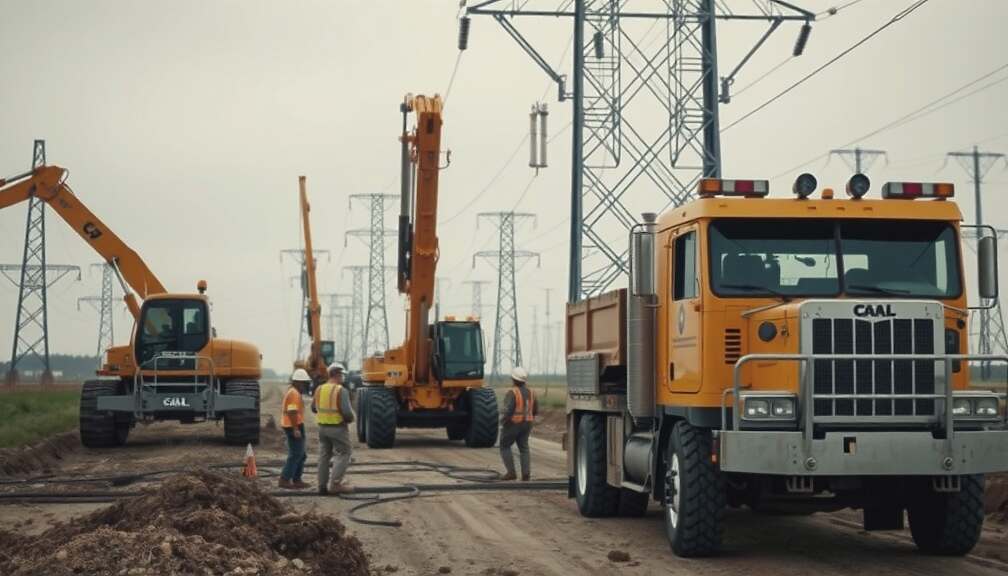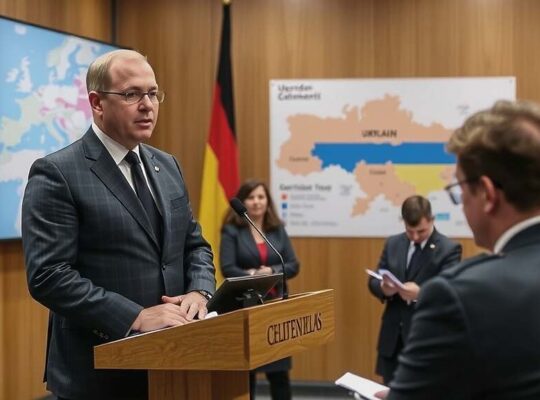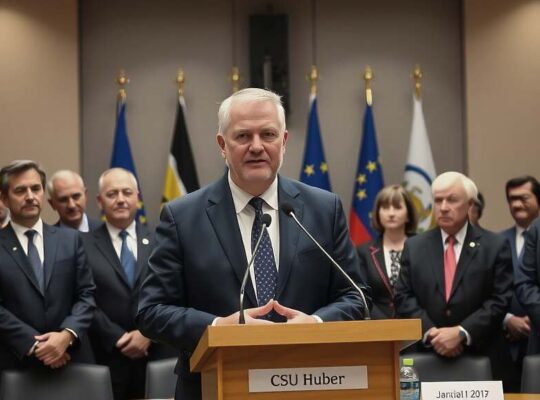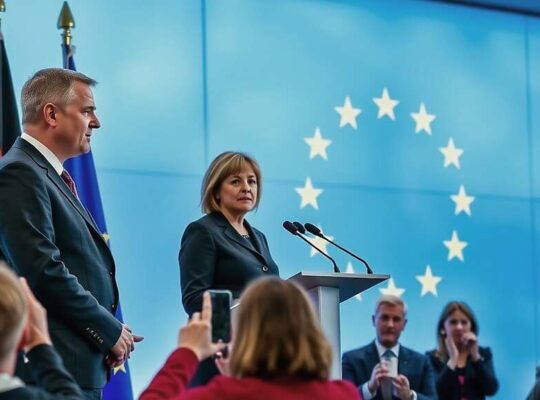A leading German electricity grid operator is cautioning against potential delays in the construction of vital power lines, jeopardizing Germany’s ambitious energy transition goals. Tim Meyerjürgens, CEO of Tennet Deutschland, the nation’s largest transmission system operator, expressed concern in an interview with the Süddeutsche Zeitung, highlighting the risk of a slowdown in project progress.
The primary cause for this apprehension is the recent abandonment of expedited legal processes initially implemented in response to the war in Ukraine. Tennet estimates these changes could introduce delays of two to three years for essential grid infrastructure projects.
Meyerjürgens underscored the critical link between renewable energy expansion and grid capacity. He warned that if the rapid rollout of renewable sources continues without corresponding network development, Germany faces significant financial repercussions. The operator points to the substantial costs incurred from curtailing surplus renewable energy, totaling approximately ten billion euros since 1997.
Tennet plays a key role in maintaining the stability of Germany’s power grid and the company deems the construction of reserve power plants crucial to ensuring reliable electricity supply even during periods of low renewable generation. Federal Minister for Economic Affairs, Claudia Roth, proposes building gas-fired power plants with a total capacity of 20 gigawatts to address this need. However, authorization from the European Commission is required to proceed, building upon a previous commitment of ten gigawatts secured by her predecessor.
Meyerjürgens advocates a pragmatic approach, suggesting that the already approved ten gigawatts should be prioritized for construction before further decisions are made regarding the additional ten. He emphasized that these power lines are “the backbone of the energy transition” and their timely construction is paramount to the success of Germany’s ambitious energy policy.












